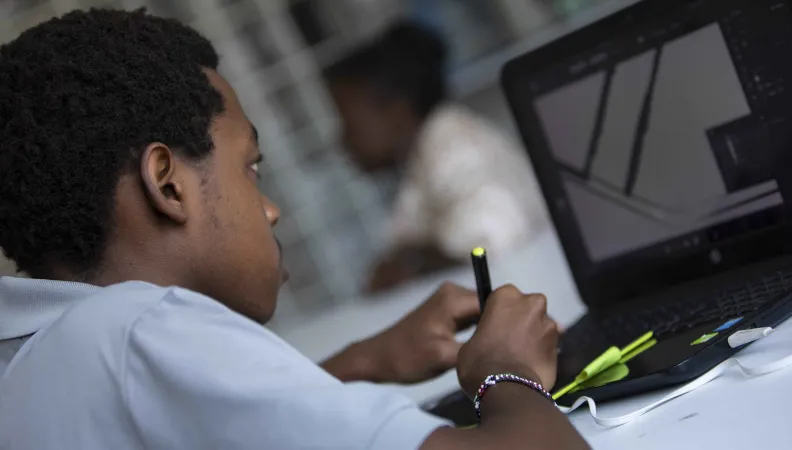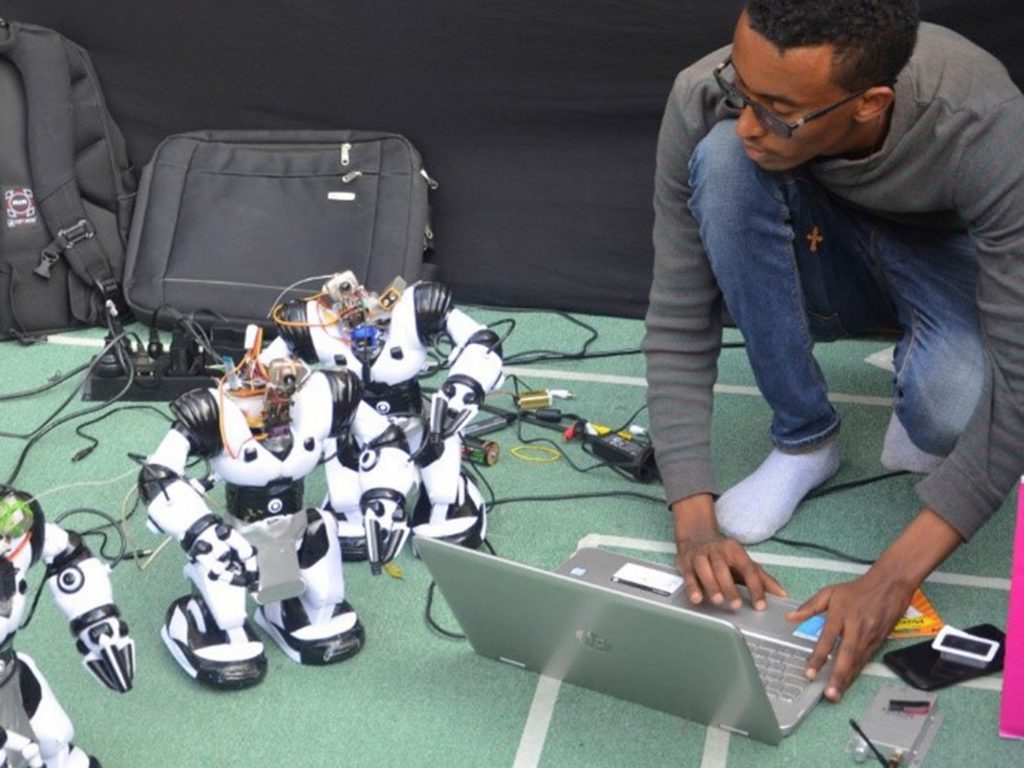Artificial intelligence is not just code—it is power. It decides what is seen, what is hidden, and, increasingly, what futures are possible. But AI is never neutral. Built on historical data, it can become a mirror that reflects—and often amplifies—the deepest inequalities of our time: gender bias, racial prejudice, colonial hierarchies, class divides, and contested citizenship.
For Africa, the danger is clear. “AI neocolonialism” threatens to lock the continent into dependency—importing Western norms, exploiting African labour, and stifling the birth of homegrown AI ecosystems. This is more than an ethical issue; it is the next frontier of political and economic sovereignty.
Africa must not simply be a consumer of AI. We must be its authors. That means crafting ethical, context-specific regulations rooted in our own realities, not copy-pasted from foreign playbooks. It means building governance systems that are transparent, inclusive, and anchored in human rights. It means anticipating AI’s potential misuse—especially in the high-stakes arena of elections—before it undermines democratic stability.
And it doesn’t stop at our borders. Africa’s voice must be loud in global AI negotiations, resisting frameworks that erase our context. We have the expertise here—scientists, engineers, ethicists, policymakers—and we must connect them, cooperate across nations, and set the terms of engagement.
AI will shape the next century. The question is simple: will Africa shape AI, or will AI shape Africa in someone else’s image?




